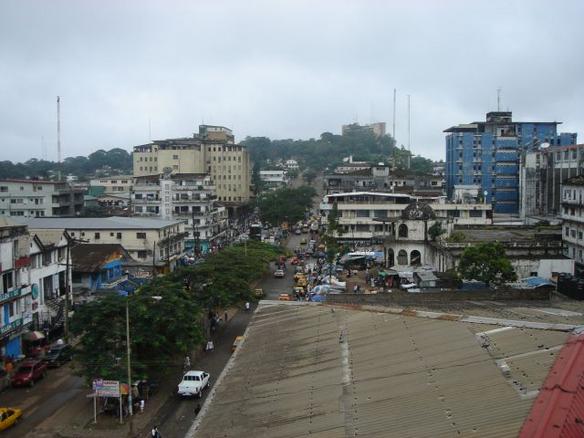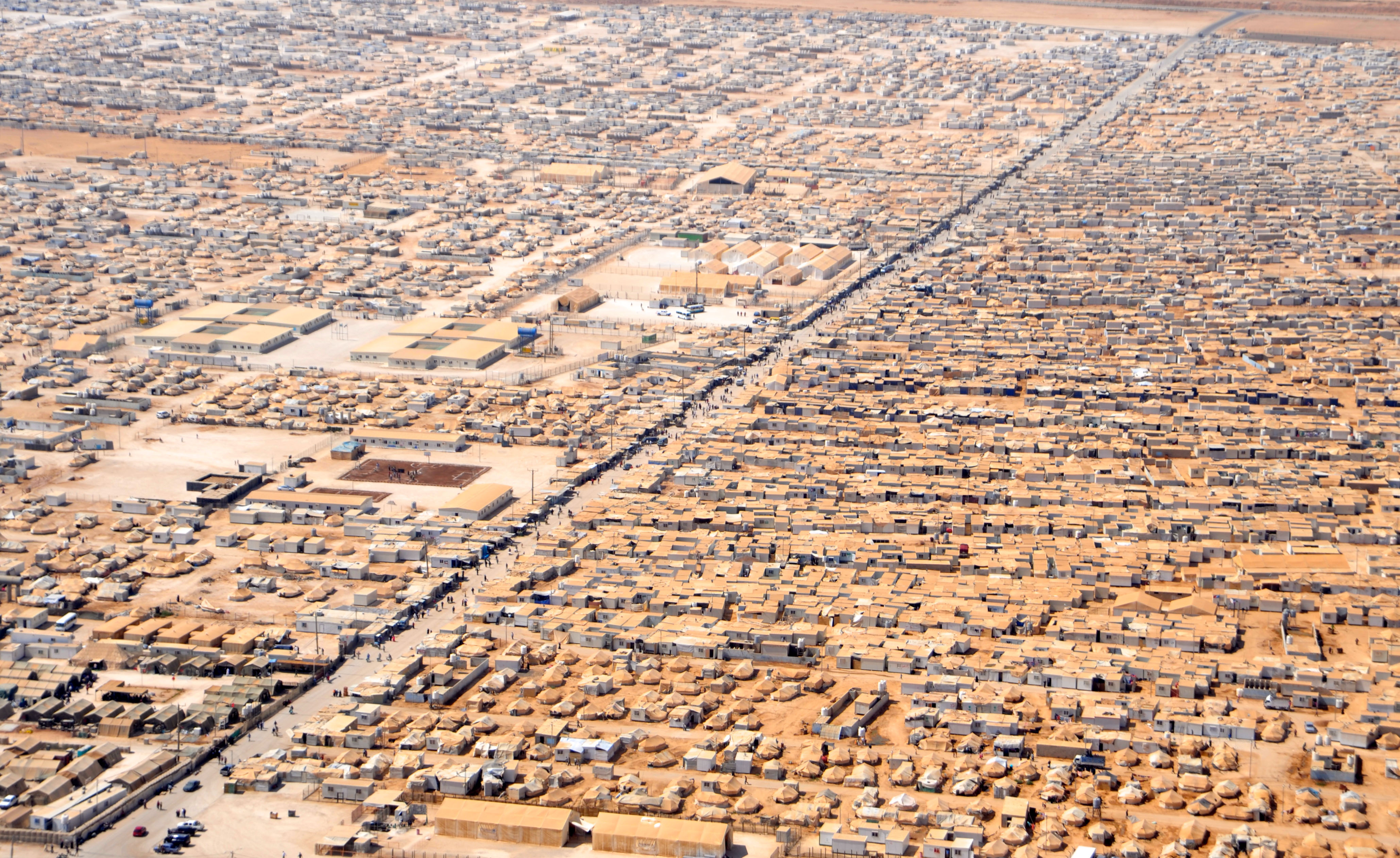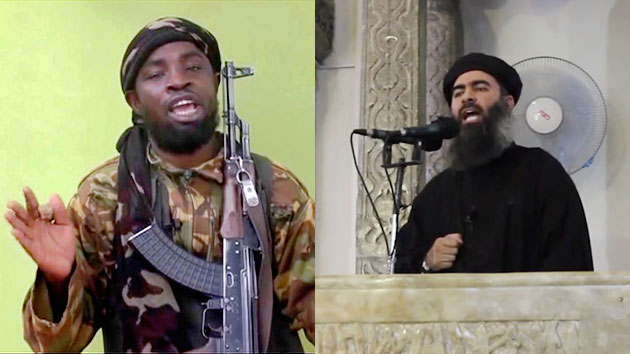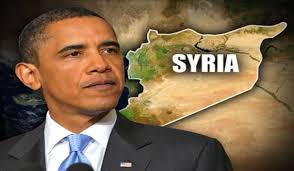I recently had the privilege of sitting down with a long-time friend of mine from Liberia, Jah Wolobah Beyan. Given our mutual involvement in the United Network of Young Peacebuilders, a collection of 60 non-profit youth-led organizations that work to promote peace and development throughout Africa and South America, I was keen to learn more about the work of Jah’s group, Students Against Destructive Actions and Decisions (SADAD).
Many aid organizations are criticized for restricting their activities to the capital cities of their host countries, never reaching out to rural communities hard hit by conflict or disaster. Not so with SADAD. One of our previous conversations had taken place as Jah made his way to Nimba County, where Liberia’s borders meet those of Guinea and Côte d’Ivoire. Wanting to know more about the reach and extent of SADAD’s work, I learned a great deal from presenting Jah with a few questions.
Thank you for taking the time to discuss SADAD’s work with me. How did you first get involved with this organization? How was SADAD founded?
After the end of the civil war that took place from 1989 to 2003, there were lots of problems facing Liberian society. These problems ranged from violence, youth inequality and vulnerability, academic malpractice, teenage pregnancy, gender inequality, and bad governance.
There is a serious need to transform the mindset of young people and give them a voice to speak and create an enabling environment for them to gain leadership and participation. This was just for two basic reasons:
i) 74% of those who participated in the civil war were young people between the ages of 12 to 29;
ii) 64% of the country’s 3.5 million people are youth.
Violence became a way of life for young people and the only way they thought they could succeed was to bribe instructors with money, gifts, or even sex. This took place at an alarming rate, in practically every school and university. There was rioting at school-organized events and public gatherings; mob violence was the most recorded crime at police stations.

Based on all of this, in 2008, when I was a Grade 10 student at the James Doe Younge AGM High School, I worked with a colleague, Mohammed Foboi, to form SADAD. We mobilized other students to create public awareness on violence and academic malpractice. In 2010, before our graduation, SADAD was officially launched and established in five different schools as peace clubs with five executives receiving training in conflict resolution and peacebuilding from the Center for Peace Education- Liberia (CPE). Upon our graduation, SADAD became a registered youth organization with the government of Liberia in 2011. Today, SADAD is one of Liberia’s most vibrant youth groups and has partnered with the National Elections Commission of Liberia, West African Examinations Council- Liberia, WE-CARE Foundation, and the United Network of Young Peacebuilders, and has up to 300 members between the ages of 16 to 33.
What are some of the biggest challenges SADAD has encountered in Liberia?
There are three main obstacles to our work. The first is capacity building in conflict management and peace education. But resources are even more pressing. On the one hand, funding for our programs is needed, especially our peace clubs where we want to establish peace education programs in schools and densely populated communities. On the other hand, logistical support is also needed. This extends to vehicles and office equipment in order to expand SADAD’s reach. Cameras for monitoring public exams would be useful, as well as support to attend international conferences, trainings, and symposia to which we have been invited.
Liberia has already come a long way since the civil war. Where do you see the country in 2024? Are things heading in the right direction?
With Liberia’s youthful population and abundant resources, the country has great potential for growth and development in the next ten years, but violence, academic malpractice which contributes greatly to corruption, bad governance, and poverty may stifle the country’s progress.

Greater attention needs to be paid to young people and this is where SADAD stands. Corruption is now the order of the day and young people are very vulnerable, allowing them to be used by politicians for selfish reasons. Many of them have lost hope because of the way the country is heading, but with proper awareness, youth employment, and positive politics to guide the development of our natural resources, Liberia may likely become a developing country by 2024 and SADAD will be visible in 9 of the 15 counties of Liberia.
How can Canadians help support the important work SADAD is doing?
Canadians are known as humanitarians around the world and we believe they can greatly contribute to the work of SADAD here in Liberia in the following ways:
i) Link us with donors to fund our programs in peacebuilding, youth empowerment, childcare and youth development, awareness on academic malpractices, and establishing public libraries and resource centres in rural Liberia and slum communities;
ii) Provide us opportunities to network with young Canadians and other nationals to share ideas and experience in youth work and fundraising;
iii) Support us through trainings, public outreach, and funding.
Thank you so much for your time and for offering a glimpse at your organization’s work. I wish you every success in your efforts to promote a bright future for Liberia!




